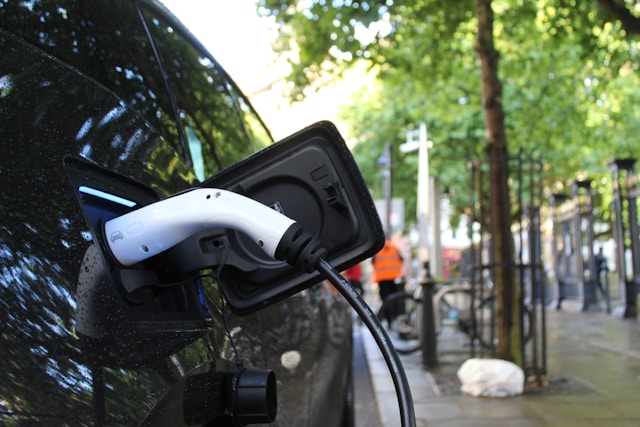Making the choice to switch to an electric vehicle (EV) is a significant decision, involving various factors beyond simply the desire to go green. While the environmental benefits of EVs are well-known, there are several practical considerations that prospective buyers should address before making the switch. Here are some crucial questions to ask yourself before diving into the world of electric vehicles.
1. What is my driving routine?
Understanding your typical driving habits is essential when considering an electric vehicle. Are you mainly driving short distances in the city, or do you frequently embark on long road trips? Electric vehicles are ideal for urban commuting and short trips due to their limited range compared to traditional petrol-powered vehicles. If you often travel long distances, consider the availability of charging stations along your routes.
2. Can I install a home charging station?
Being able to charge an electric vehicle at home is convenient and cost-effective, especially if you have a dedicated charging station. Before purchasing an EV, assess whether you have access to off-street parking and the ability to install a home charger. Additionally, consider the cost and feasibility of installation, as this may vary depending on your living situation. To learn more about getting a charging station installed, visit Now EV.
3. What is my budget?
Electric vehicles can have a higher upfront cost compared to their petrol counterparts, although this gap is narrowing as technology advances and production scales up. Consider your budget not only for the purchase price but also for potential savings on fuel and maintenance over the vehicle’s lifetime. Additionally, research available incentives and rebates that may offset the initial investment.
4. How does the range fit my needs?
The fear of running out of battery power before getting to your destination, is a common concern for potential EV owners. Evaluate your daily driving distance and compare it to the range offered by different electric models. While most modern EVs offer sufficient range for typical commutes, those who frequently travel long distances may need to opt for a model with a larger battery capacity.
5. What are the charging options available to me?
In addition to home charging, consider the availability of public charging infrastructure in your area. Research the locations of charging stations along your frequently travelled routes, whether it’s at workplaces, shopping centres, or public parking lots. Being aware of the charging options that are available to you will alleviate concerns about range and ensure that you can recharge your vehicle when needed.
6. How does the total cost of ownership compare?
While electric vehicles may cost more to buy, they often offer savings in terms of fuel and maintenance over time. Evaluate the total cost of ownership, including factors such as electricity prices, maintenance costs, and potential resale value. Many EV manufacturers provide online calculators to help prospective buyers estimate these expenses accurately.
7. What is the environmental impact?
One of the primary motivations for choosing an electric vehicle is its reduced environmental footprint compared to petrol-powered cars. However, it’s essential to consider the source of the electricity used to charge your EV. If your electricity comes from renewable sources like solar or wind power, your vehicle’s emissions will be significantly lower. Researching your local energy grid’s composition can provide insight into the environmental impact of charging your EV.
8. How does the driving experience compare?
Electric vehicles offer a unique driving experience characterised by instant torque, smooth acceleration, and quiet operation. Test-driving different models will help you determine which features are most important to you, whether it’s performance, comfort, or technology. Consider factors such as regenerative braking, driving range, and available amenities when evaluating the driving experience.
9. What is the resale value of electric vehicles?
As the electric vehicle market gets bigger, resale values are becoming more competitive with traditional vehicles. However, it’s essential to research the resale value of specific models and consider factors such as battery degradation and technological advancements that may affect depreciation. Understanding the long-term value of your investment will help you make an informed decision.
10. Am I ready for the future of transportation?
Electric vehicles represent a significant shift in the automotive industry towards sustainable transportation. Consider whether you’re ready to embrace this change and adapt to the evolving infrastructure and technology associated with electric mobility. While there may be challenges, such as range anxiety and charging infrastructure limitations, the benefits of driving an electric vehicle extend beyond individual convenience to contribute to a cleaner, greener future.


